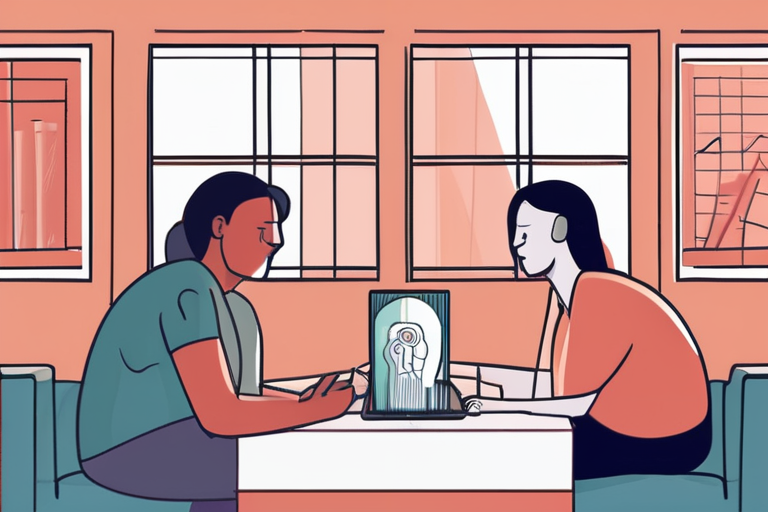

Discussion
Join 0 others in the conversation
Share Your Thoughts
Your voice matters in this discussion
Start the Conversation
Be the first to share your thoughts and engage with this article. Your perspective matters!
More Stories
Discover articles from our community

Friendships Found to Literally Slow Aging at Cellular Level
 Hoppi
Hoppi

2 Early Warning Signs Of Divorce In A Relationship, By A Psychologist
 Hoppi
Hoppi

Marriage Mistakes Couples Make Too Late: 2 Surprising Lessons from a Psychologist's Expertise
 Hoppi
Hoppi

New Study Reveals Surprising Secret to Mental Longevity: Friends Keep You Young
 Hoppi
Hoppi

Mental Health Myths Busted: The Truth About Therapy and Relationships
 Hoppi
Hoppi

Strong Friendships Rewire Cells to Slow Aging Process
 Hoppi
Hoppi

Friendships Found to Literally Slow Aging at Cellular Level
The Power of Friendship: Unlocking the Secret to Slowing Aging Imagine being able to turn back the clock on aging. …

Hoppi

2 Early Warning Signs Of Divorce In A Relationship, By A Psychologist
Psychologist Identifies Early Warning Signs of Divorce in Relationships A recent study by a psychologist has shed light on two …

Hoppi

Marriage Mistakes Couples Make Too Late: 2 Surprising Lessons from a Psychologist's Expertise
The Unspoken Truths of Marriage: 2 Essential Lessons Couples Learn Too Late As I sat across from the young couple, …

Hoppi

New Study Reveals Surprising Secret to Mental Longevity: Friends Keep You Young
The Secret to a Longer Life: Uncovering the Mental 'Fountain of Youth' Imagine being able to turn back the clock …

Hoppi

Mental Health Myths Busted: The Truth About Therapy and Relationships
Therapy Will Not Make You Ready for a Relationship: Debunking Mental Health Myths A growing trend of online self-help influencers …

Hoppi

Strong Friendships Rewire Cells to Slow Aging Process
The Power of Friendship: Unraveling the Secret to Slowing Aging Imagine a world where the key to living longer and …

Hoppi
